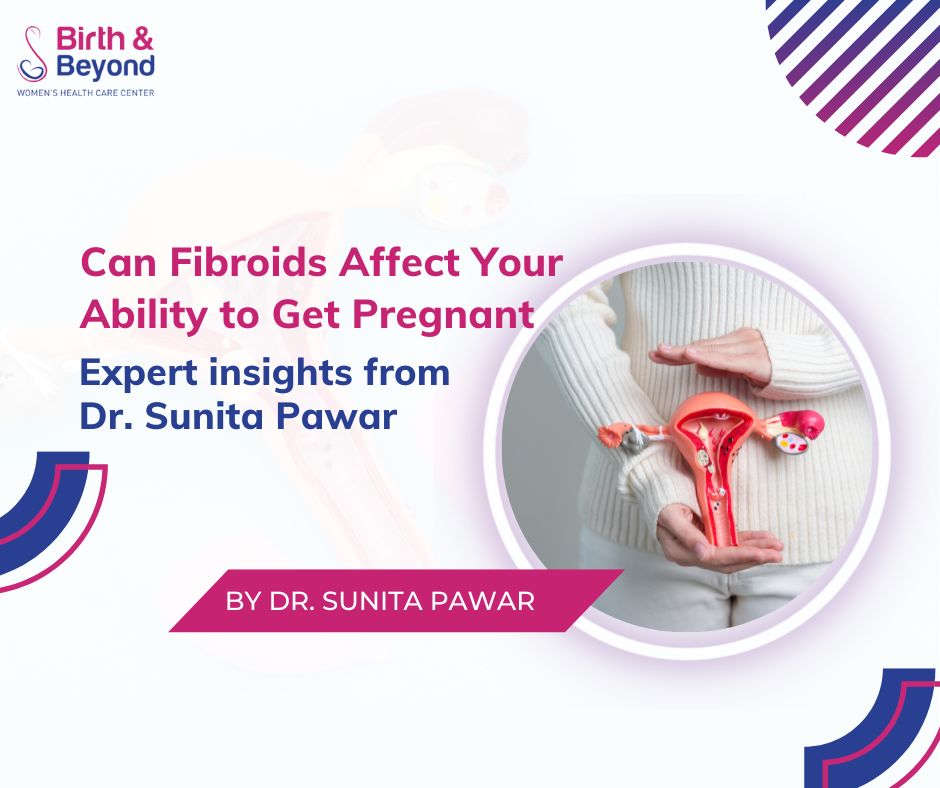Fibroids are a common concern among women of reproductive age, but a pressing question many ask is: “Can fibroids affect my chances of getting pregnant?” To answer this, we turn to expert insights from Dr. Sunita Pawar, renowned as the Gynecologist in HSR Layout, who has helped countless women navigate fertility challenges.

🔹 What Are Fibroids?
Fibroids, also known as uterine leiomyomas, are non-cancerous growths that develop in or around the uterus. They can vary in size and number and often go unnoticed if they are small and asymptomatic. However, depending on their location and size, fibroids may impact fertility and pregnancy.
🔹 How Fibroids Can Affect Fertility
According to Dr. Sunita Pawar, fibroids can interfere with fertility in several ways:
- Blockage of Fallopian Tubes
Large fibroids near the fallopian tubes may obstruct the path of the egg, making fertilization difficult. - Interference with Embryo Implantation
Submucosal fibroids (those growing inside the uterine lining) can distort the shape of the uterus, reducing the chances of successful embryo implantation. - Changes in Uterine Blood Flow
Fibroids can affect blood flow to the uterine lining, which is crucial for supporting a fertilized egg. - Increased Risk of Miscarriage
Some fibroids are linked with a higher risk of early pregnancy loss, especially if they alter the uterine environment.
🔹 Can You Get Pregnant If You Have Fibroids?
Yes—many women with fibroids conceive naturally and go on to have healthy pregnancies. However, if you’re having trouble conceiving, it’s important to consult a specialist. Dr. Sunita Pawar, the Gynecologist in HSR, recommends a thorough evaluation including pelvic scans to determine if fibroids may be contributing to fertility issues.
🔹 What Are the Treatment Options?
Treatment depends on the size, number, and location of the fibroids, as well as your fertility goals. Options include:
- Medication to manage symptoms
- Minimally invasive procedures like hysteroscopic myomectomy
- Surgical removal for larger or strategically located fibroids
Dr. Pawar carefully tailors treatment plans to protect and enhance your fertility wherever possible.
🔹 When Should You See a Specialist?
If you’ve been trying to conceive for over 6–12 months without success—or if you’re experiencing symptoms like heavy periods, pelvic pain, or bloating—don’t wait. Early diagnosis and intervention can make all the difference.
